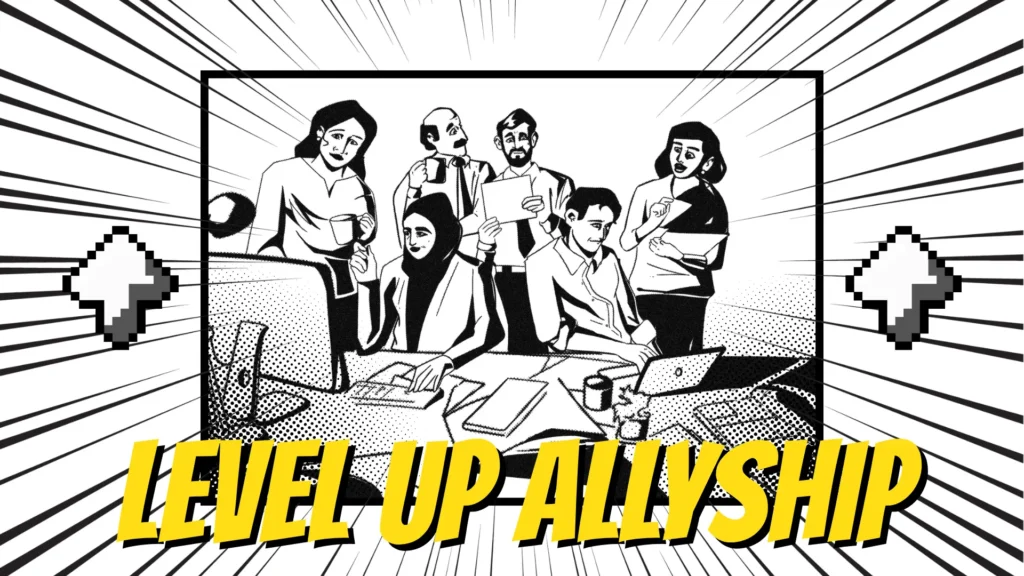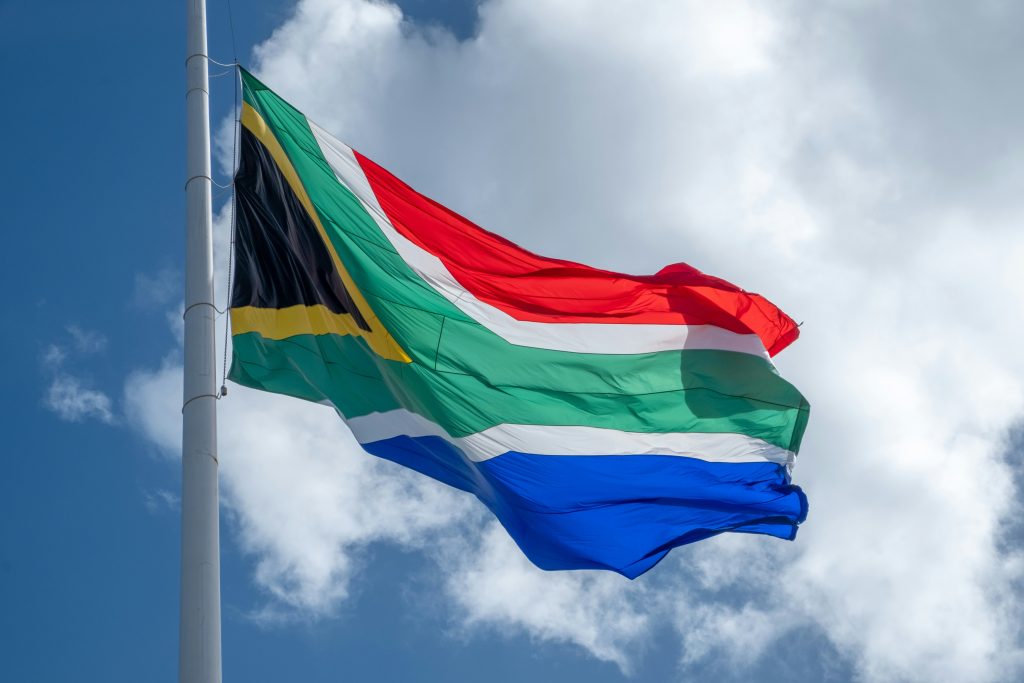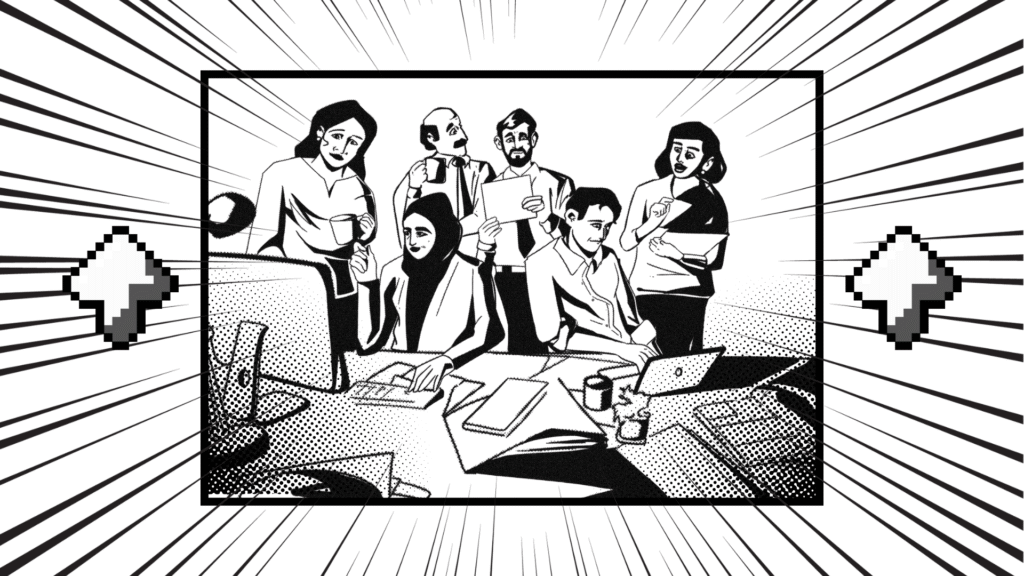
Serein Legal Team
2 min read
What we see online often plays a key role in breaking the mould of stereotypes. TV Shows have pushed forth in this domain, be it through the Chess masterpiece in the Queen’s Gambit or the Urdu dramedy in Chudails.
Explore why political parties must be brought under the purview of the POSH Act to ensure workplace safety for women and uphold democratic accountability and values.
Prevailing harassment in sports highlights the urgent need for accountability, empathy and safe environments where athletes and staff feel respected and valued.
Several companies across the globe have anti-harassment hotlines. But how are effective are they in building safe workplaces and deterring misconduct?
- All
- PoSH
- Anti-harassment and safety
- Global compliance laws
- Domestic violence
Case shows AI tools like Workday’s may exclude disabled applicants, demanding stricter regulation.
Small workplace changes, like flexible hours, or more openness, can significantly improve inclusion for disabled staff.
Disabled workers face persistent pay disparities despite diversity policies, highlighting inclusion failures.
Office parties blur lines. Maintaining professional boundaries is crucial to prevent harassment & ensure social events remain safe for everyone.
Rigid dress policies exclude cultural and gender expression; flexibility promotes belonging.
EU rulings help refine workplace policies. Prioritising training, survivor support and clear procedures creates safer, more respectful workspaces.
The proposed Bill reserves 33% parliamentary seats for women, complementing PoSH by amplifying political representation to drive systemic gender reforms.
Key protections: PoSH Act, IPC 354/509 (outraging modesty), Domestic Violence Act, Maternity Benefits Act & Equal Remuneration Act form a safety matrix.
IPC Sections 354D (stalking), 499 (defamation), 507 (anonymous threats) & IT Act Section 66E (privacy violation) combat digital harassment.
Articles 14 (equality), 15(3) (protective discrimination), 19 (expression) & 21 (dignity) form the constitutional bedrock for PoSH safeguards.
Document evidence via screenshots, file cybercrime complaints at cybercell.gov.in or local police under IPC 354D/IT Act 66A, seeking protection orders.
Essential steps: Gender-neutral facilities, pronoun sensitisation, trans-inclusive PoSH training & explicit anti-discrimination clauses in HR policies.
Silence around domestic violence hurts workplaces too. Recognise signs, offer safe support systems & flexible policies to help survivors heal & retain employment.
India's Domestic Violence Act protects both parties in live-in relationships. Understanding this legal recognition is crucial for safety & seeking rightful recourse.
Cinema often sensationalises domestic violence. Responsible storytelling should highlight realities, survivor strength & pathways to support, not perpetuate myths.
Gaslighting is psychological abuse making victims doubt their reality. Recognise manipulation tactics, trust your instincts & seek support to break free from this.
Women have the right to protection orders, residence, monetary relief & legal aid under India's Domestic Violence Act. Knowing these enables survivors to be safe.
Consent & boundaries are key. Domestic violence shatters both. Rebuilding starts with respecting autonomy & recognising coercive control as a violation of rights.



















